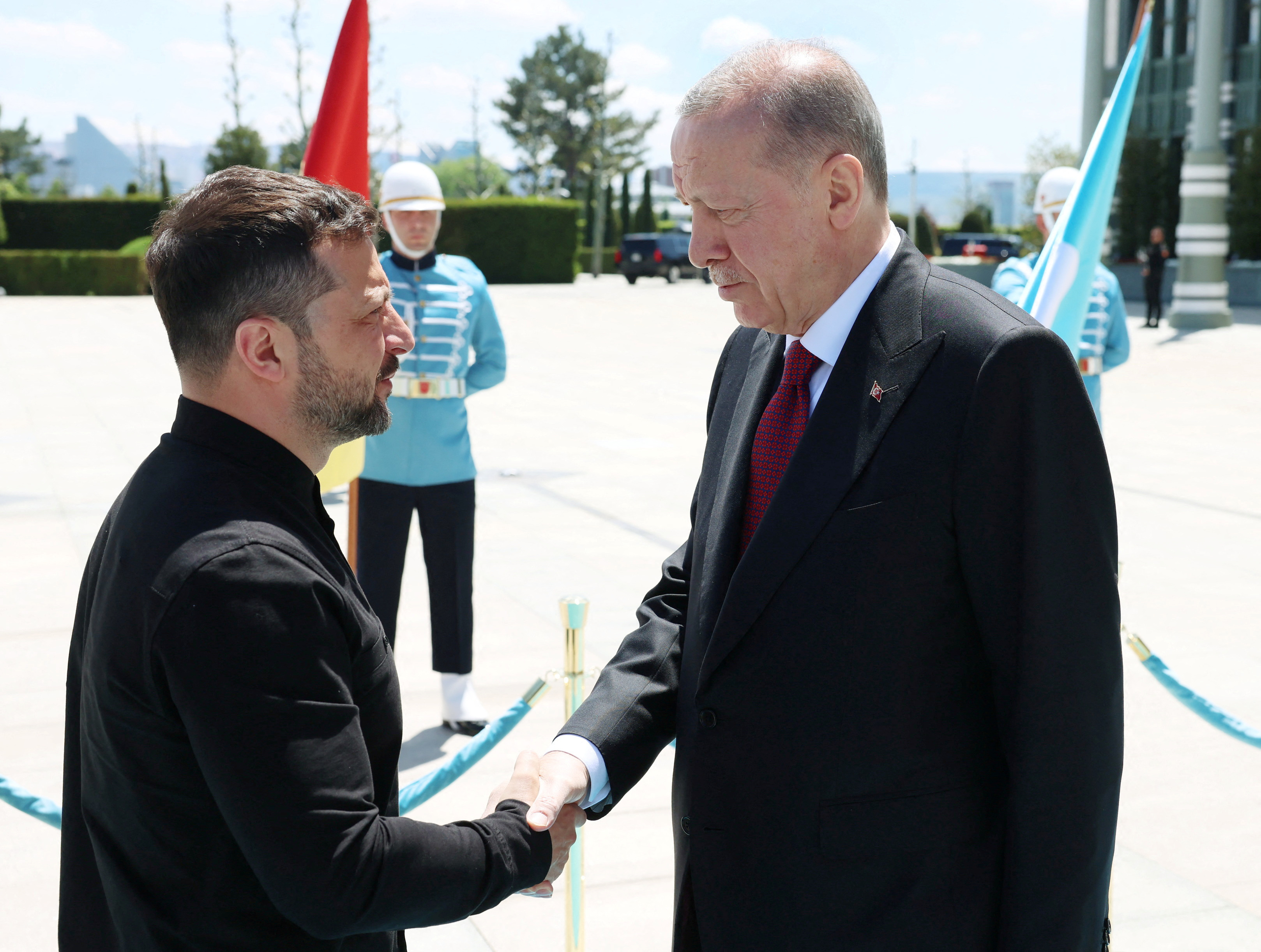Russia-Ukraine Peace Talks Resume in Istanbul
Amid escalating international pressure, Russia and Ukraine are preparing for a fresh round of direct peace talks in Istanbul next Monday. The stakes are high as both sides navigate a complex landscape of demands and ongoing conflict.
Key Demands and Expectations
Russian Foreign Minister Sergei Lavrov has informed US State Secretary Marco Rubio that Moscow is finalizing its proposals for the upcoming meeting. Kyiv, however, is taking a firm stance, demanding that Russia submit its peace terms in advance to ensure substantive dialogue.
Ukrainian Defence Minister Rustem Umerov, who spearheaded negotiations during the previous round in May, stressed the necessity for tangible outcomes: "Diplomacy must be substantive, and the next meeting must yield results."
Previous Attempts and Sticking Points
The last face-to-face meeting, held on May 16 in Istanbul, marked the first such encounter in over three years. Unfortunately, it concluded without any significant breakthroughs. Ukraine asserts that it has already presented its peace demands and insists on clarity and seriousness in negotiations.
Russia, conversely, continues to push its own conditions, which include Kyiv renouncing its bid to join NATO and ceding territory currently under Russian control – a proposition deemed unacceptable by Ukraine.
Escalating Tensions and International Reactions
Tensions remain palpable on the battlefield, with both Ukraine and Moscow engaging in deadly strikes in recent days. US President Donald Trump has voiced his frustration with Russia's actions during ongoing negotiations.
Ukrainian President Volodymyr Zelenskyy has accused Russia of deliberately protracting the peace process and has cautioned about a new military buildup near the Sumy region, with reports indicating that Russian forces have seized settlements to establish a "buffer zone" within Ukrainian territory.
The war, now entering its third year, has exacted a devastating toll, claiming tens of thousands of lives and significantly impacting eastern and southern Ukraine. Russia currently controls approximately a fifth of Ukraine's territory, including Crimea, which was annexed in 2014.

